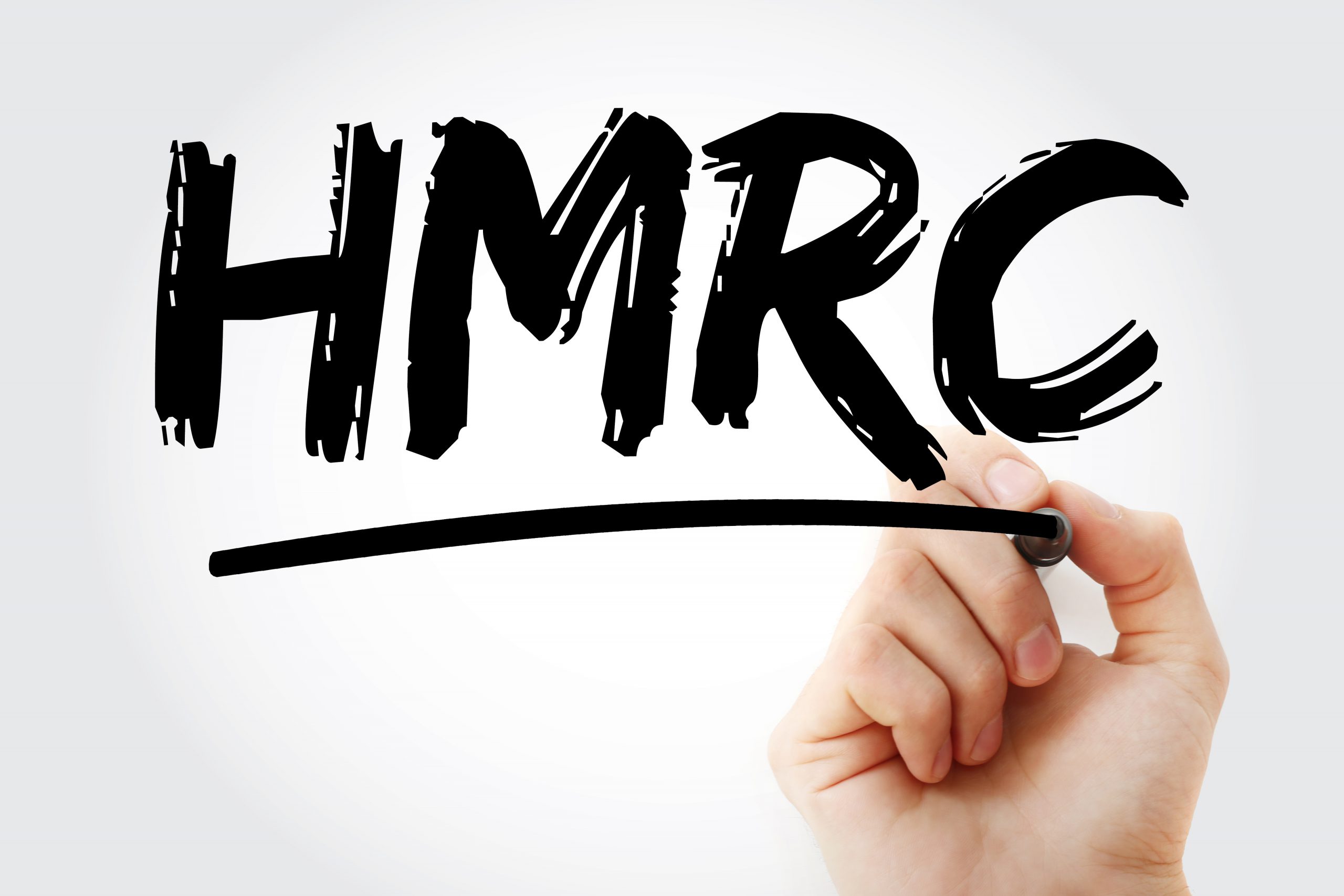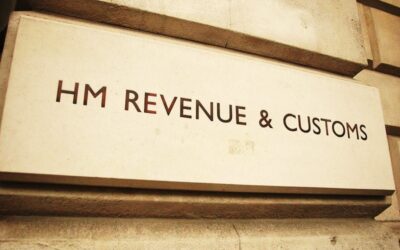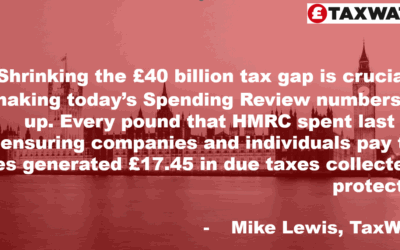- HMRC delaying publishing data on use of tax avoidance schemes
- Increased civil action likely only containing total number of schemes at best
- Evidence suggests no criminal prosecutions of promoters of tax avoidance in last five years
- £1m penalty charged on a promoter unlikely to be collected
Last year, TaxWatch published a review of attempts to tackle disguised remuneration avoidance schemes, reaching the conclusion that such schemes were some way from being defeated. The report mainly relied on HMRC’s published data on the use of marketed tax avoidance up to 2020-21. Inexplicable delays to the publication of reports for more recent periods mean that we have had to pull together other relevant information in an attempt to identify whether more recent changes are having any impact.
Our last report identified the incremental changes to HMRC’s powers and activity over many years, aimed at tackling the problems with disguised remuneration schemes. These have ranged from awareness campaigns for potential scheme users and using Advertising Standards legislation to tackle particular promoters, to tougher legislation for taking civil and criminal action against promoters and enablers – including the ability to name abusive arrangements and their promoters. Some additional powers have recently been granted (the most impactful of which is likely to be criminal prosecution if promoters fail to abide by a Stop notice introduced in the Finance Act 2024) but we recognise that it is too soon to see the effects of these.
We don’t consider the current position in terms of historical users of schemes here, instead we’re attempting to identify whether or not any progress is being made in reducing ongoing use of such schemes.
Latest data1Most data comes from following: https://www.mynewsdesk.com/uk/hm-revenue-customs-hmrc/pressreleases/900000-pounds-penalty-for-promoter-of-tax-avoidance-scheme-3309968 , … Continue reading
HMRC has told us they’re planning to publish the much-delayed report on use of schemes for 2021-22 within the next few weeks. This meant they wouldn’t provide us with responses to our specific requests for information. However, there has been some evidence provided to the Finance Bill sub-committee in the House of Lords, as well as in HMRC press releases. HMRC reports substantial activity since new legislation arrived in 2021, but the outcome so far in terms of reducing the numbers and impact of such schemes is unclear.
In our last report, we noted that 27 promoters had been named as of 23rd March 2023, but work has clearly stepped up in the last year as HMRC now says 71 schemes involving 66 companies had been published by 22nd March 2024. In addition, 14 appeals against the publication of scheme information to the First Tier Tribunal have been defeated and, since 2021, HMRC has issued notices to more than 300 organisations believed to be enabling schemes requiring additional information and lists of scheme users.
Amongst other new powers, the ability to issue Stop notices, requiring the end to promotion of arrangements, were introduced in June 2021. Since then, HMRC told us in a Freedom of Information request that they have issued 25 Stop notices – some specifying particular promoters, others just descriptions of generic schemes. HMRC told the House of Lords that as of August 2023, fewer than five Stop notices had been appealed to the tribunal and no penalties had been issued for non-compliance. However, more recent data refers to a total of £40m in penalties for non-compliance. This suggests that at least some of these schemes are continuing to be sold, despite the Stop notices. But it seems likely that some will no longer be available to new users. It will be interesting to see if the new criminal charges for failure to comply with a Stop notice are used in any cases in the near future.
Other productive activity includes referrals to the Advertising Standards Authority (ASA), resulting in more than 30 adverts or websites being taken down, and the ‘Don’t Get Caught Out’ campaign, with significant numbers viewing its web pages. By October 2023, 1,400 people are said to have reported a scheme or promoter to HMRC as a result of the campaign, and 500 requested help because they believe they are involved in a scheme. In addition, HMRC says that by 29th February 2024, it had directly contacted 42,000 people it believes are newly involved in schemes since 2021. To some extent this activity is likely to have increased awareness of the risks amongst the population most likely to come into contact with schemes, and to potentially help resolve matters for individual taxpayers more quickly than has historically been the case.
In contrast to the civil work, it seems prosecution activity has been limited in this area in recent years. In March 2024 the government reports that ‘over 20 individuals have been prosecuted since April 2016 for offences relating to avoidance arrangements’2https://www.theyworkforyou.com/wrans/?id=2024-02-27.15809.h&s=%22promoted+and+marketed+as+tax+avoidance%22#g15809.r0. The majority of these are said to be promoters. However, this is the same answer that was given in March 20193https://www.theyworkforyou.com/wrans/?id=2019-03-04.227951.h&s=%22more+than+20+individuals%22#g227951.r0, implying no further prosecutions in the last five years. If HMRC is not bringing criminal cases forward against promoters and users of tax avoidance schemes, there is a material erosion of the deterrent effect of such powers, which is a source of significant concern.
Despite the activity detailed above, the most recently published figures suggest the market still has between 20-30 active promoters, the same reported figures as for the last few years. This indicates that, despite success in closing some schemes down, others are springing up to replace them. Until the latest report is published, we are unable to identify how many individuals and employers are using the schemes in the years after 2020-21, but it is concerning that HMRC has not been using its prosecution powers to uphold the most serious threat to promoters of such schemes.
Fundamental issues
It’s not clear why there has been such a long delay in updating the report on avoidance scheme activity, and the intermittent and sometimes apparently selective publication of data makes this feel like a slippery subject to get a handle on.
As mentioned, HMRC wouldn’t provide us with the data we requested. In addition, the responsible Government minister recently sidestepped a Parliamentary Question kindly asked on our behalf by Dame Margaret Hodge MP, about the penalties issued to UK-based entities facilitating tax avoidance by overseas promoters4https://questions-statements.parliament.uk/written-questions/detail/2024-02-27/15810. It has to be assumed that the answer to that question is that no such penalties have yet been issued. Given that it’s recognised that a fundamental problem in the disguised remuneration market is overseas promoters, who are harder to challenge and more likely to disappear with the profits of the schemes, this seems to be another area that is not yet being adequately tackled.
The difficulty HMRC faces in hitting promoters in their pockets is demonstrated by the recent Hyrax Resourcing Ltd bankruptcy case5https://www.accountancydaily.co/tax-avoidance-promoter-hyrax-did-not-pay-ps1m-penalty. The only debt in bankruptcy proceedings brought by HMRC in December 2023 is the £1m penalty under failure to comply with DOTAS regulations, determined at tribunal in July 2022. Accounts for the company show little in the way of profit over the years it has been in existence (though difficult to be sure, due to lack of a profit and loss account) and no current assets. It seems likely that the contract for fees in relation to scheme participants (estimated at nearly £38m by HMRC) was with another entity, and these are likely long gone. Penalties are only effective if they are collected by HMRC from those responsible.
Another more recent DOTAS failure penalty case, IPS Progression Ltd6https://www.mynewsdesk.com/uk/hm-revenue-customs-hmrc/pressreleases/900000-pounds-penalty-for-promoter-of-tax-avoidance-scheme-3309968, looks likely to go the same way. A £900,000 penalty was determined in March 2024, but the latest accounts at Companies House show net assets of only £16,000, suggesting that once again profits are out of reach of HMRC.
Conclusion
It must be acknowledged that HMRC appears to have stepped up its activity in relation to some aspects of the promotion of avoidance arrangements in recent years, including using some new powers. This will almost certainly have had an impact on some scheme users and promoters. However, there remains a bigger issue, which is that if the main beneficiaries of the significant fees charged are not caught by UK legislation, or are not being tackled by HMRC using prosecution and other powers, then the fundamental business model will still be attractive. In those circumstances, it seems unlikely that HMRC can do more than contain the current situation.
References



